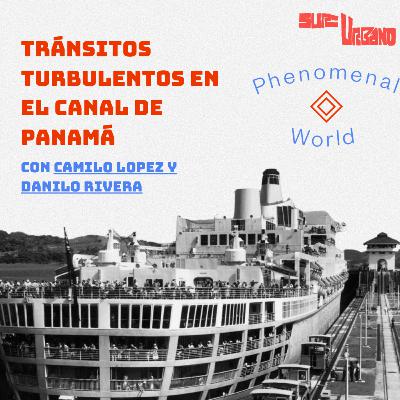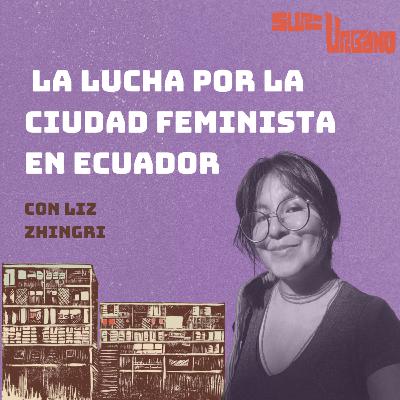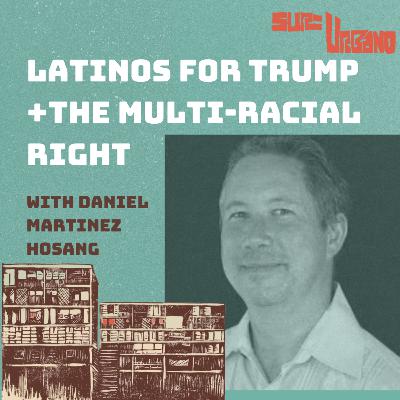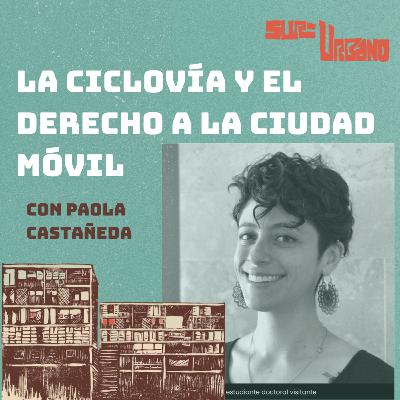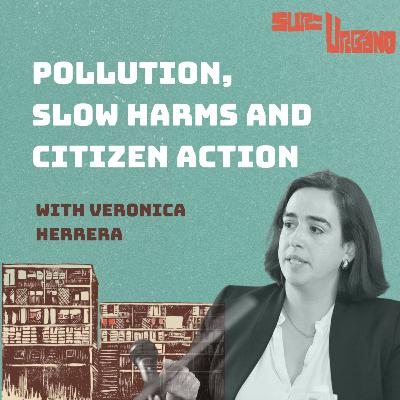Transversality, Transitoriness and New Logics of Peripheral Urbanization with Teresa Caldeira
Description
Welcome to the first episode of 2023! In this episode, Giselle Mendonça Abreu and I have the privilege of talking to a scholar well known among those of us who study Latin American cities: Teresa Caldeira. Professor Caldeira's work, rooted in ethnography of Sao Paulo's peripheral urbanization, has made substantial methodological and theoretical contribution to how se study cities, particularly in the Global South, for decades. In this episode, we discuss Teresa’s trajectory as an urban anthropologist in the 1970s in favelas in Sao Paulo. We then move on to talk about what has changed since then by discussing her two latest articles, which explore the twin concepts of “transversality” and “transitoriness”. Departing from the belief in progress of the midcentury, which was implicit in autoconstruction, Teresa takes us to the transitory, fragmented and non-linear dynamics which characterize cities today. Like so much of her work, she asks us to critically reflect on the categories we use, including that of the Global South, and pushes us to think transversally with concepts that “travel” in unexpected ways.
The texts we discuss today can be found here:
- “Transitoriness: Emergent Time/Space Formations of Urban Collective Life” (published in Grammars of the Urban Ground, edited by Ash Amin and MIchele Lancione
- “Transversal Connections: Seeing Cities from Other Spaces” (published in Catalan in 16 Barris, 1000 Ciutats, edited by Valentín Roma, Teresa Caldeira, Frits Gierstberg
Teresa Caldeira is a professor at the University of California - Berkeley in the Department of City and Regional Planning. Her research, which is rooted in anthropology, looks on the predicaments of urbanization, such as spatial segregation, social discrimination, and the uses of public space in cities of the global south. Her book City of Walls: Crime, Segregation, and Citizenship in São Paulo (University of California Press, 2000), won the Senior Book Prize of the American Ethnological Society in 2001, and presents a comprehensive analysis of the ways in which crime, fear of violence, and disrespect of citizenship rights intertwine with urban transformations to produce a new pattern of urban segregation based on fortified enclaves.
Giselle Mendonça Abreu is is PhD candidate in City & Regional Planning at UC Berkeley. Her research examines the political economy of rapidly-growing “soybean” cities in Brazil’s hinterland.


